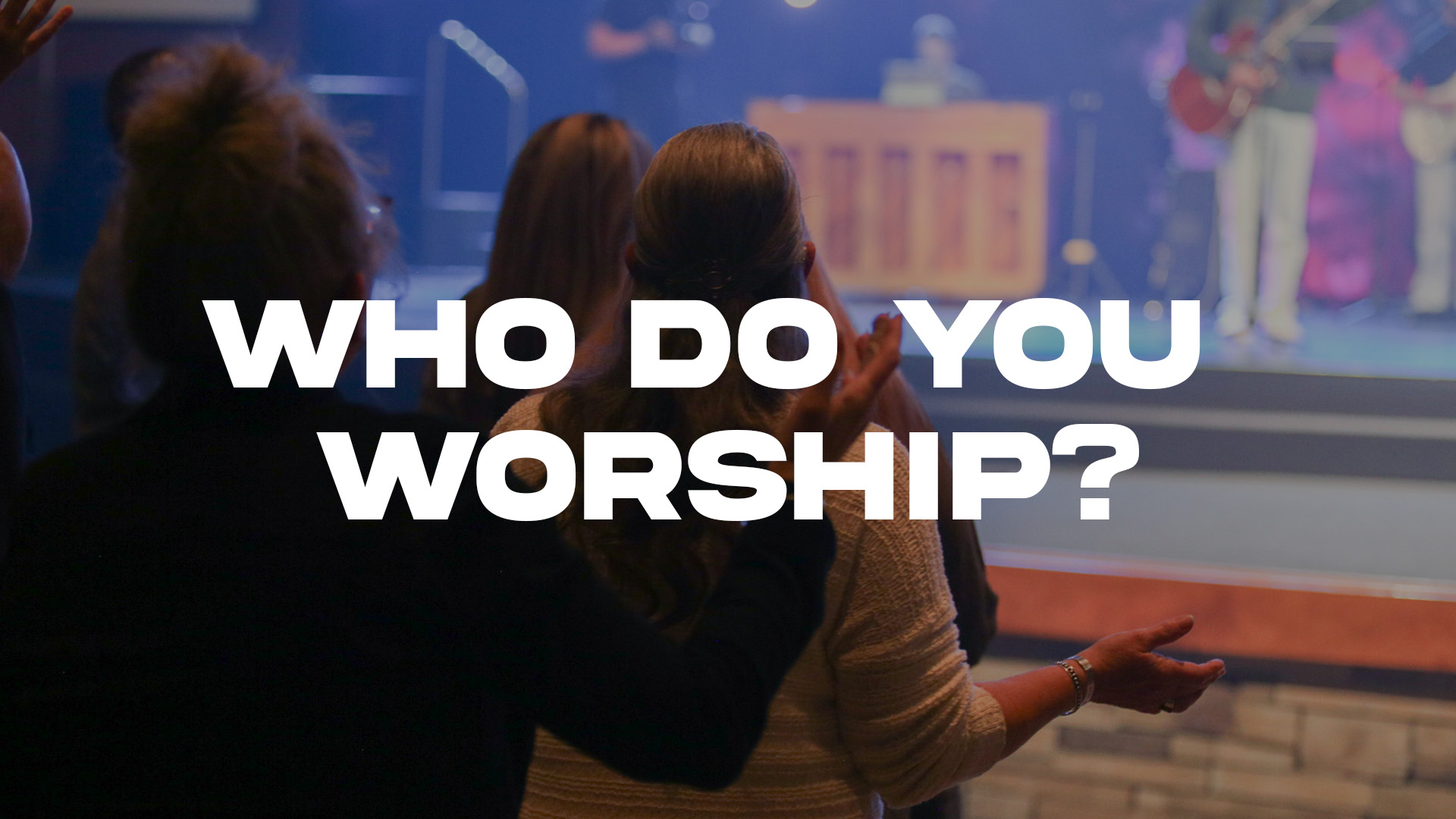“It is not good for man to be alone.” Genesis 2:18
Pretty much from the beginning, God establishes that humanity is not designed to be alone. He created Eve as a partner to Adam, a helper in caring for God’s creation. But Eve was also there to create community with Adam. It wasn’t good for him to be alone. So why do we think we’re made that way?
During the 2020 COVID-19 pandemic, we saw what the world would look like in isolation. Forced to quarantine, it was easy for people to feel stir-crazy, cut off, and search for other ways to connect. Why? Because we were made for community. The National Institutes Of Health (NIH) reported that severe loneliness rose to 21% during COVID-19 compared to 6% prior. The Center for Disease Control (CDC) reports that social isolation and loneliness can increase a person’s risk for heart disease and stroke, type 2 diabetes, depression, anxiety, suicidality, self-harm, dementia, and earlier death. These examples show that science reinforces what we already know: God created us to live in community.
As Christians, we are called to follow Jesus’ example, and He lived in community. The twelve disciples weren’t just traveling with Jesus to hear Him teach, they were learning from Him just by being together. Mark 3:14 tells us this with, “He appointed twelve of them. They were to accompany him…” The bonds these men built with each other were likely what made their ministry so strong after Jesus’ ascension. They were able to rely on one another and hold each other accountable to the task Jesus gave them.
This is why we need community as Christians. It’s not just for support, it provides accountability for the times when we struggle. When life is difficult, or doubt creeps in, your community is there to encourage you and help you to course-correct when you need it.
So we know community is important. But how do we build it?
1. Be intentional.
While time spent with others is important, the quality of the time is more so. Put away the phone, listen for more than how to respond, and be present. Invite people over, linger after church, follow up on prayer requests — small steps build deep roots. Hebrews 10:24–25 encourages us to “consider how we may spur one another on toward love and good deeds, not giving up meeting together… but encouraging one another.” Community doesn’t happen by accident; it grows when we make space for it.
2. Be vulnerable.
Real community isn’t built on surface-level connections. It’s built when we take the risk to be known — struggles, questions, and all. Galatians 6:2 says, “Carry each other’s burdens, and in this way you will fulfill the law of Christ.” But people can’t carry what we hide. Vulnerability allows others to step in with encouragement, prayer, and practical help. It also gives others permission to do the same.
3. Be consistent.
Community grows with time, trust, and showing up. That doesn’t always mean doing big things — sometimes it’s just being faithfully present. Whether it’s a small group, Sunday service, or coffee with a friend, regular connection builds familiarity and safety. Like Acts 2:46 describes, the early church met together “daily with one accord… breaking bread from house to house.” That kind of rhythm created a deep and lasting unity.
4. Be welcoming.
Cultivating community doesn’t stop with the people we already know. It includes making room for others who are new, hurting, or lonely. Romans 12:13 tells us to “practice hospitality.” In a world that often feels cold and closed off, warm and open hearts stand out. Be the person who invites others in — into your conversations, into your life, and into your circle.
At the end of the day, community is not just a Christian idea — it’s how we thrive as people. It’s a Kingdom necessity. It’s how we reflect the heart of a relational God. And in a culture that is increasingly isolated, we have the opportunity to be different by simply doing life together.
So let’s build the kind of community that lifts people up, points them to Jesus, and reminds them they are never truly alone.






